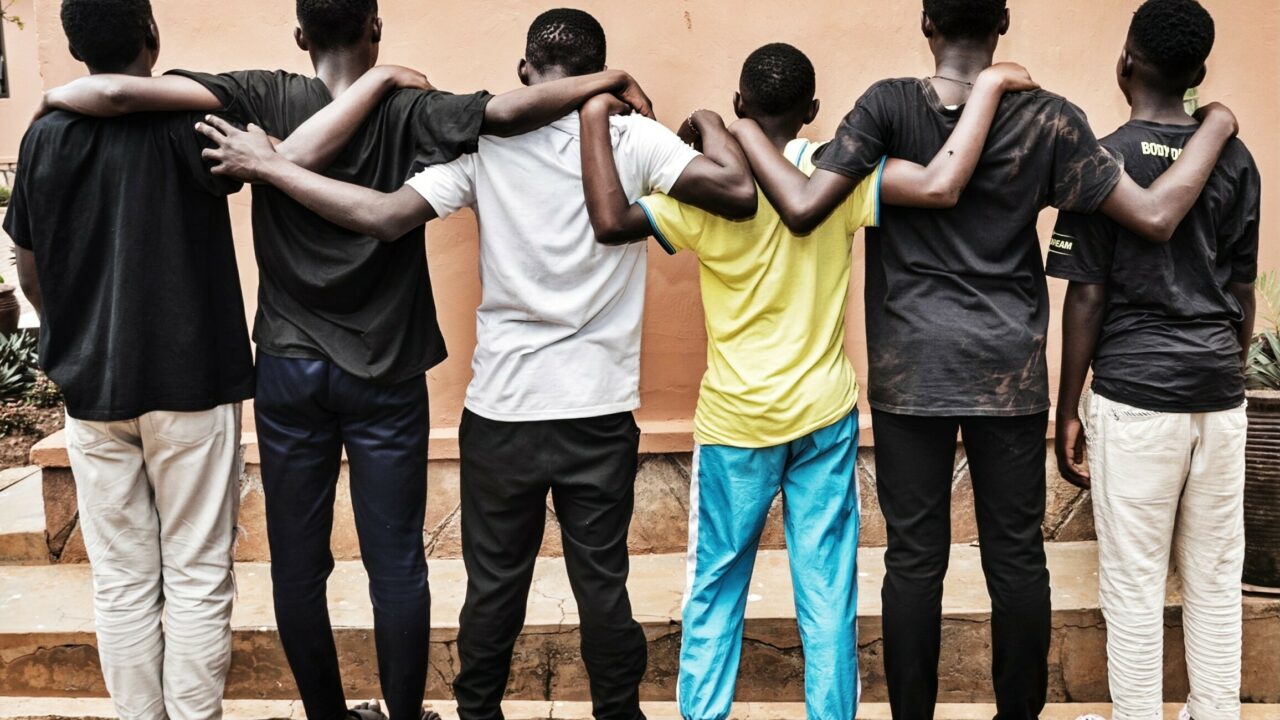Conviction of Teacher in Uganda on Charges of Trafficking and Sexual Violence
Sexual Violence
The Ugandan High Court ruled to convict a head teacher on twelve counts including trafficking charges for his abuse of children at the school where he worked. He was sentenced the same day to life in prison.
In April 2019, with the support of International Justice Mission (IJM), the SGBV Department at the Criminal Investigations Directorate arrested the man who had been using his position as headmaster of a school to sexually abuse the young boys in his care. For more than five years, the man had preyed on vulnerable families, promising scholarships for young boys who were then abused as boarders at the school. He also sought local and international funding for the operation, finding donors who thought they were giving to support orphans to receive care and education.
While the number of victims was likely higher, six children ages 10-16 at the time of abuse, testified in the case. The Department of Public Prosecutions (DPP) led the case with support from social workers and lawyers from IJM. Human Trafficking Institute (HTI) also provided technical expertise for the prosecution of the case, working closely with the DPP's Prosecutions office.
This case highlighted some of the challenges that victims of sexual violence, particularly children, face in seeking justice. The courtroom initially lacked the video technology that would allow the children to testify in a separate room from the man who abused them, but court staff were quick to implement these new processes with support from IJM and HTI to protect the victims from further traumatization.
“Coordination between the social welfare department, police and courts to provide safe environments and processes that are survivor-focused is critical,” says Byron Mwanje, Legal Partnerships, IJM Uganda. “Even after a case concludes, children who have experienced this kind of violence need ongoing support from the government to ensure they are protected and will not be more vulnerable than before.”
In addition to investing in psychosocial support for victims of sexual violence and increasing initiatives to create victim-sensitive spaces and processes in the public justice system, this case raises the importance of communities proactively reporting potential cases of child abuse. An engaged public and duty-bearers working together can create an environment for effective prosecution and deterrence in cases of sexual violence against women and children.